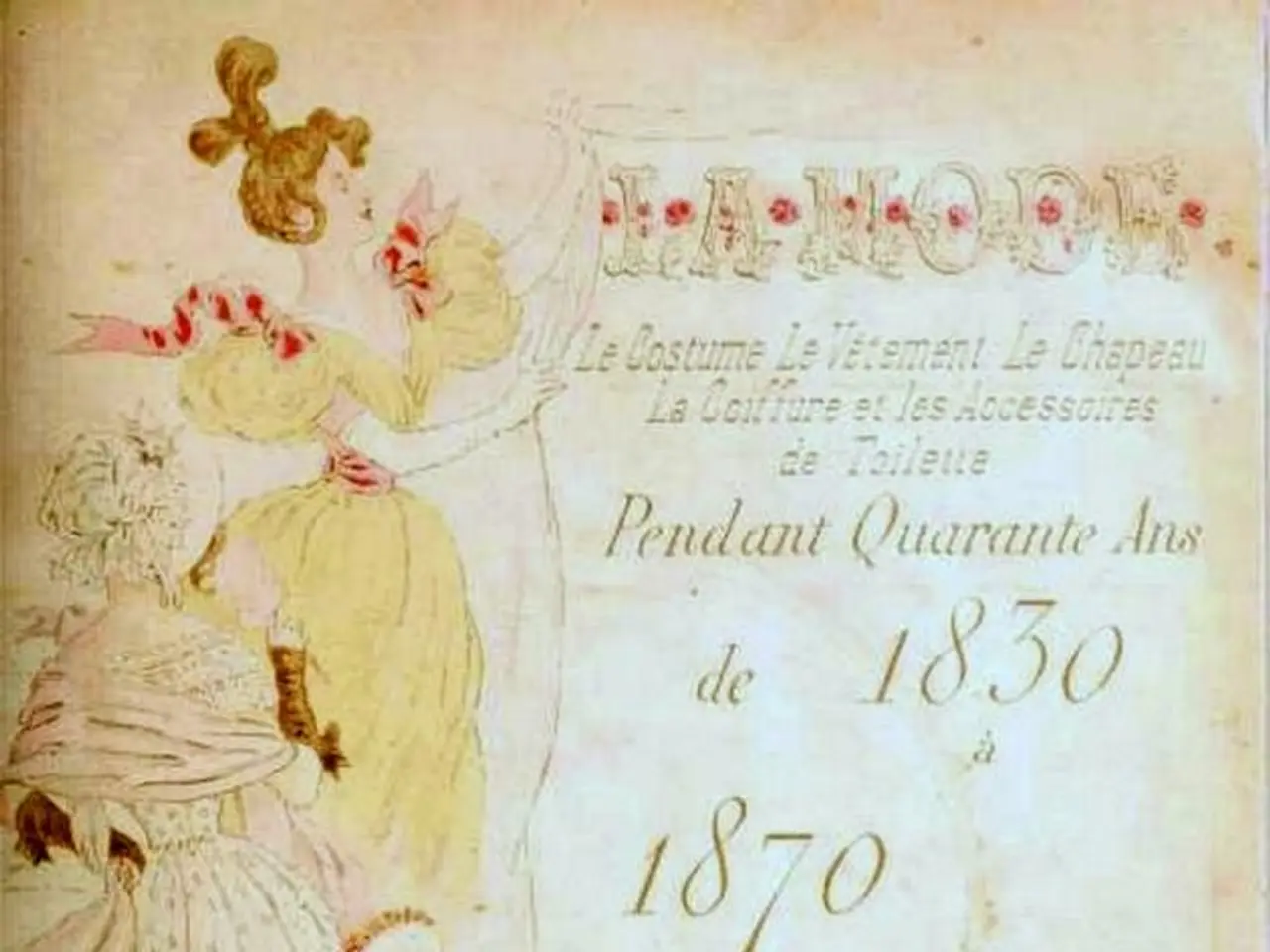"Male victims of sexual assault often face ridicule or disregard, compounding their pain further"
In a society where gender norms often dictate the response to sexual assault, male victims in Singapore are finding themselves unheard, made fun of, or dismissed. The case of Mike, a 30-year-old Singaporean, is a stark reminder of this unfortunate reality.
In 2017, Mike found himself in an uncomfortable situation on an almost empty MRT train on the East-West Line. A woman in her 30s stood uncomfortably close to him, choosing to stand next to him despite having other available seating options. The woman's inappropriate behavior included touching Mike's thigh, an action that he found baffling and disconcerting.
After confiding in his friends about the incident, Mike felt that their responses were dismissive and unsupportive. This led him to believe that the authorities would also not take the incident seriously. Consequently, he decided not to report the incident.
Mike's experience is not unique. The societal response to male victims of sex crimes is shaped by prevalent gender norms that contribute to stigma, disbelief, and a lack of tailored support. Male victims often face skepticism and blame when reporting sexual assault, as they may be perceived as "weak" or "non-masculine" for not protecting themselves.
Structural and systemic barriers also hinder male survivors from accessing support. Many sexual assault services and rape crisis centers in Singapore are designed primarily with women in mind, making men feel uncomfortable or alienated. The shortage of male counselors means some men hesitate to share their experiences, especially with female counselors. These factors contribute to the underreporting of incidents and reduced utilization of available services by male victims.
Despite the serious view Singapore takes against violence and sexual harassment, the legal framework, such as the Protection from Harassment Act, and rape laws focus less explicitly on male survivors. This may affect public awareness and responses towards male victimization.
Organizations like AWARE’s Sexual Assault Care Centre and SHECares@SCWO, and the National Anti-Violence & Sexual Harassment Helpline, are available, but they are often perceived as female-focused, which may dissuade men from coming forward.
The effects of being met with disbelief or trivialization can be devastating for male survivors. They can reinforce feelings of shame, perpetuate the culture of silence, and deeply undermine their sense of self-worth. Experts have stated that such reactions can have an impact on survivors that is as profound as the assault itself.
Unfortunately, Mike's case is not isolated. In 2019, a woman was charged for allegedly committing sexual offences against a boy who was her primary school student. The incident received trivializing or dismissive responses on social media, with comments suggesting that the incident was a "dream" or "fantasy" for many school boys, or that they were envious of the victim.
Mike's comments indicate a deep frustration and a "spiral into a dark place" due to the unsupportive responses he received after the incident. He has not sought professional counselling due to the lack of support from his friends and the belief that the authorities would not take the situation seriously.
The latest figures from the Singapore Police Force show that the number of men who have had their modesty outraged has increased more than twofold since 2015. It is clear that more needs to be done to address this issue and provide the necessary support for male survivors of sexual assault.
Ms Anita Krishnan-Shankar, a psychologist and sex therapist at Alliance Counselling, made a statement about the impact of such reactions on survivors. She emphasized that it is crucial for society to take sexual assault seriously, regardless of the gender of the victim or perpetrator, to create a safe and supportive environment for survivors to come forward and seek help.
In conclusion, societal responses shaped by entrenched gender stereotypes and systemic inadequacies result in male survivors experiencing isolation, internalized stigma, and challenges in accessing appropriate support, thereby exacerbating their trauma and hindering recovery. It is essential for society to recognize and address these issues to ensure that all victims of sexual assault receive the support they need and deserve.
- In a society where gender norms often dictate the response to sexual assault, male victims in Singapore are facing isolation, internalized stigma, and challenges in accessing appropriate support, which can exacerbate their trauma and hinders recovery.
- The shortage of male counselors in sexual assault services and rape crisis centers in Singapore, combined with the often female-focused nature of these organizations, contributes to the underreporting of incidents and reduced utilization of available services by male victims.
- Experts have stated that the effects of being met with disbelief or trivialization can be as profound as the assault itself, reinforcing feelings of shame, perpetuating the culture of silence, and deeply undermining a survivor's sense of self-worth, regardless of the gender of the victim or perpetrator.




